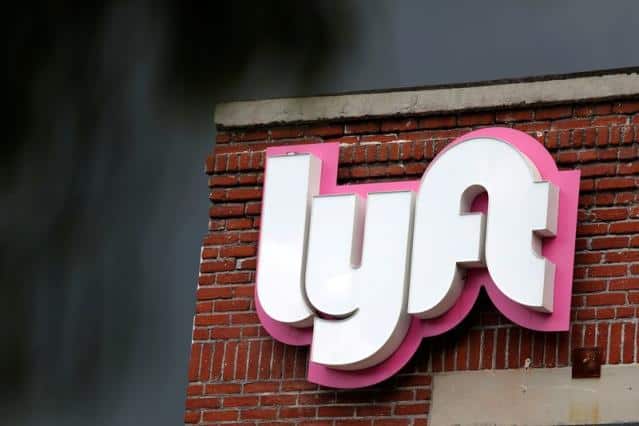“Since the pandemic began, Lyft employees have been able to work remotely,” notes the New York Times, “logging into videoconferences from their homes and dispersing across the country like many other tech workers. Last year, the company made that policy official, telling staff that work would be ‘fully flexible’ and subleasing floors of its offices in San Francisco and elsewhere.”No longer. On Friday, David Risher, the company’s new chief executive, told employees in an all-hands meeting that they would be required to come back into the office at least three days a week, starting this fall. [Although the Times adds later that “People will be allowed to work remotely for one month each year, and those living far from offices would not be required to come in.”]
It was one of the first major changes he has made at the struggling ride-hailing company since starting this month, and it came just a day after he laid off 26 percent of Lyft’s work force. “Things just move faster when you’re face to face,” Mr. Risher said in an interview. Remote work in the tech industry, he said, had come at a cost, leading to isolation and eroding culture. “There’s a real feeling of satisfaction that comes from working together at a whiteboard on a problem.”
The decision, combined with the layoffs and other changes, signals the beginning of a new chapter at Lyft. It could also be an indication that some tech companies — particularly firms that are struggling — may be changing their minds on flexibility about where employees work. Nudges toward working in the office could soon turn into demands, as they have at companies like Disney and Apple…
Lyft also planned to tell employees that it would reduce their stock grants this year, according to a person familiar with the decision.
Risher “said the cost savings from the layoffs would go toward lower prices for riders and higher earnings for drivers,” the Times adds, noting that last month Lyft’s two founders said they’d step down after disappointing financial results. (Lyft’s stock price closed Friday at $10.25 — down from a peak of $78.)
Bob Sutton, a Stanford professor and organizational psychologist, suggests another possible motivation to the Times: executives worried about financial stress “feel compelled to increase their own illusion of control.”

